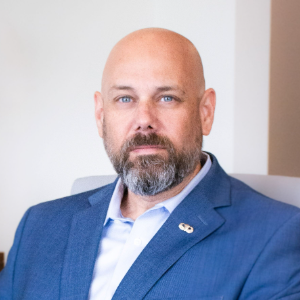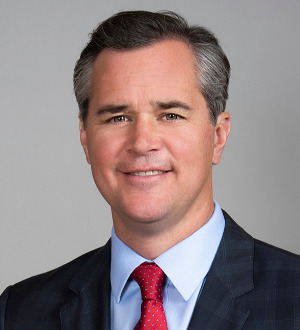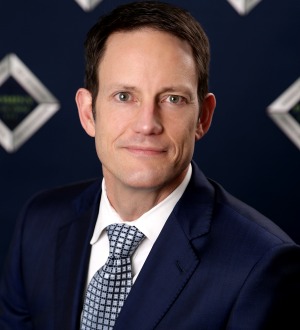In a recent decision and case of first impression, Pennsylvania’s Supreme Court unanimously affirmed that a no-hire of employees provision between a business and its vendor was unenforceable because it constituted an unreasonable restraint on trade. This continues a nationwide pushback against restrictive covenants and underscores that Pennsylvania strongly disfavors such restrictions unless they are narrowly tailored to protect a legitimate interest and do not harm the public, including innocent third parties.
Background
Pittsburgh Logistics Systems, Inc. (PLS) is a third-party logistics provider that arranged for the shipping of its customers’ freight with selected trucking companies, including Beemac Trucking (Beemac). PLS and Beemac entered into a service contract containing a no-hire provision which barred Beemac from hiring, soliciting, inducing or attempting to induce any employee of PLS to leave their employment during the term of the contract and for two years after termination. While the contract was in force, Beemac hired four PLS employees. PLS filed an action in Pennsylvania state court and sought injunctive relief. Following a three-day preliminary injunction hearing, the trial court refused to enforce the no-hire provision, finding the provision violated public policy. PLS appealed, and the Superior Court affirmed the trial court’s decision.
Brief Summary of Decision
As this was a case of first impression, the Court reviewed decisions from other jurisdictions. To determine whether the no-hire provision was enforceable, the Court applied the same balancing test traditionally used in the Commonwealth to assess the reasonableness of restraints of trade in employment agreements and agreements related to the sale of a business. A promise to refrain from competition that is ancillary to an otherwise valid transaction or relationship is an unreasonable restraint of trade if (1) the restraint is greater than necessary to protect the promisee’s legitimate business interests, or (2) the promisee’s need is outweighed by the hardship to the promisor and the likely injury to the public.
The Court found the no-hire provision to be a “restraint on trade because the two commercial entities agreed to limit competition in the labor market” by promising to restrict mobility of PLS employees, though PLS also has a “legitimate interest in preventing its business partners from poaching its employees” who developed “specialized knowledge and expertise.” The Court nonetheless affirmed the lower courts’ decisions because (1) the provision is greater than needed to protect that interest, and (2) creates a probability of harm to the public. The Court specifically found that the provision was “overbroad because it precludes Beemac, and any of its agents or independent contractors, from hiring, soliciting, or inducing any PLS employee or affiliate for the one-year term of the contract plus two years after the contract ends . . . regardless of whether the PLS employees had worked with Beemac during the term of the contract.” The Court also found a likelihood of harm to the public because it “impairs the employment opportunities and job mobility of PLS employees, who are not parties to the contract, without their knowledge or consent and without providing consideration in exchange for this impairment” and “undermines free competition in the labor market in the shipping and logistics industry.”
Moving Forward
The Pennsylvania Supreme Court invalidated this specific no-hire provision but it did not adopt the trial court’s ruling that all no-hire provisions between companies are per se invalid as against public policy. This decision therefore leaves open the possibility that a more narrowly tailored no-hire provision may be enforceable under Pennsylvania law.
Pennsylvania companies should consult with legal counsel to evaluate whether their restrictive covenants may implicate the concerns raised by the Pennsylvania Supreme Court and modify existing no-hire provisions between companies to increase the likelihood of enforceability. Companies in other states using or considering no-hire provisions should consult with legal counsel to ensure they are in accordance with federal and state laws.
If you have any questions regarding this Alert, please contact the author Mark A. Saloman, Managing Partner in our Berkeley Heights office and Co-Chair of FordHarrison's Non-Compete, Trade Secrets and Business Litigation practice group at msaloman@fordharrison.com. Of course, you can also contact the FordHarrison attorney with whom you usually work.



























